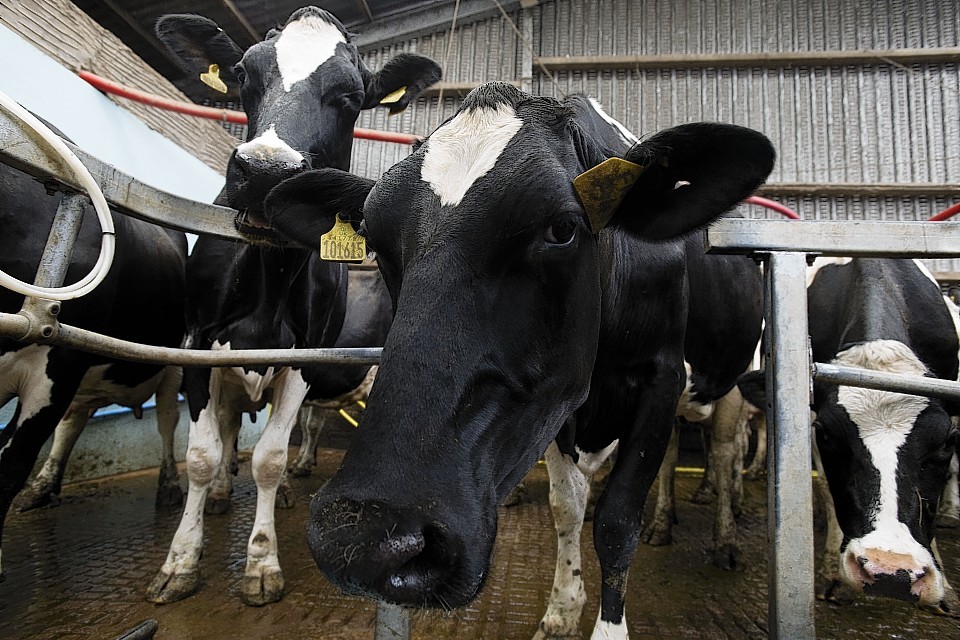Dairy giant Arla and troubled retailer Tesco have announced plans to cut the price paid to farmers for their milk.
Arla, which buys milk from around one in four UK dairy farmers, will cut its standard litre price by 1.67p to 28.55p/litre from September 29.
The European dairy co-operative, which produces brands such as Cravendale, Lurpak and Anchor, said the price cut was a result of a two euro cents per kilo reduction to the Arla Foods amba on-account price.
It also takes into account a 0.03p/litre cut to the UK price for the next quarter as a result of of an adjustment to the currency exchange rate.
The firm also confirmed the forecasted 13th payment for 2014 – this is paid to all farmer members of the co-operative at the end of March, based on the previous year’s milk price – has fallen to 0.65p/litre.
Arla cited a fall in turnover as the cause for the reduction and said the 13th payment for this year will be confirmed in February 2015.
The dairy’s head of milk and member services in the UK Ash Amirahmadi said: “Globally, milk production has increased by circa four to five per cent, which is out of sync with a lower increase in global demand of circa one to two per cent. This imbalance is resulting in large stocks and, as a consequence, markets have dropped sharply.
“Furthermore, Chinese demand continues to be sluggish and the Russian import ban is continuing to have an impact on European industry prices. This negative pressure is having a significant effect on Arla’s milk price.”
Meanwhile, Tesco will cut the price it pays its group of aligned suppliers, via the Tesco Sustainable Dairy Group (TSDG), by 2.19p to 32.01p/litre from 1 November.
The troubled retailer said the price, which will be paid to TSDG producers for six months, was still above the market average.
Tesco said the reduction in the cost of production based price, which is calculated by farm consultancy Promar, is a result of a reduction in the cost of feed.
Aberdeenshire dairy farmer and TSDG committee chairman James Stephen said: “In these times of volatile milk prices, the relative stability of the cost tracker model is of huge benefit to TSDG farmers in budgeting and giving confidence for the future.”
Last week, hundreds of dairy farmers attended a Farmers For Action (FFA) dairy crisis meeting in Shropshire where they voted in favour or milk price protests if processors did not reverse the latest milk price cuts.
FFA chairman David Handley told producers at last week’s meeting to be prepared to hold 24-hour blockades at processing facilities.
In 2012, FFA led dairy farmers across the country to protest against milk price cuts, which at the time were driven by a crash in the global commodity price for cream.
